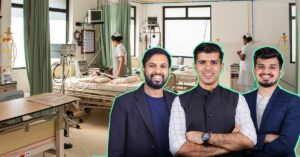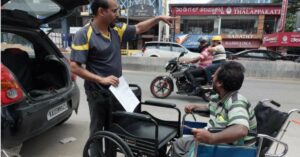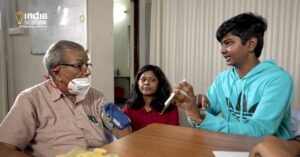IIT Kharagpur’s Low Cost Rapid Testing Tech Can Detect COVID-19 Within 1 hour
The machine can be used anywhere and is designed to be deployed at rural locations with extremely poor resources. It does not need lab facilities and can be handled by anyone, even someone who has no technical knowledge.
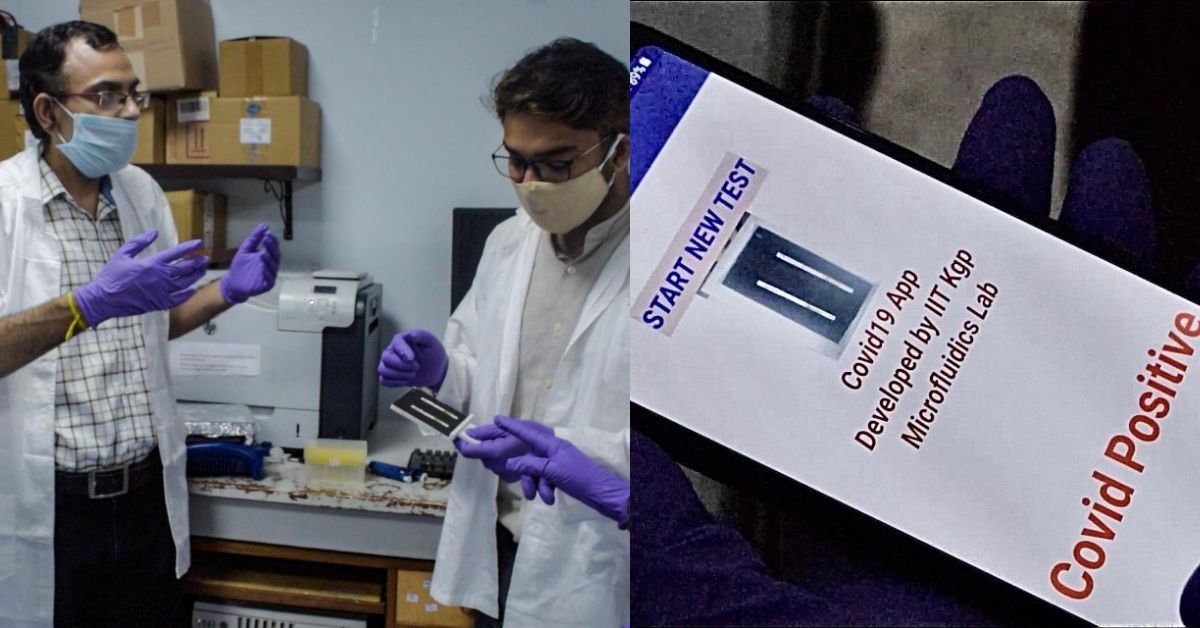
The global toll of confirmed cases of COVID-19 has crossed the 16 million mark and more than 6.5 lakh people have succumbed to this deadly virus, which shows no signs of slowing down. While widespread testing is the key to help communities quickly identify infected people, isolate them, and trace their contacts, the tests can take up to 24-hours to deliver results. In rural areas, where lab facilities are not readily available, the lab results are time-consuming and sometimes even inaccurate.
To save the valuable time lost in testing, the Indian Institute of Technology, Kharagpur has launched a first-of-its-kind COVID-19 Rapid Testing Device which can deliver results within 1 hour.
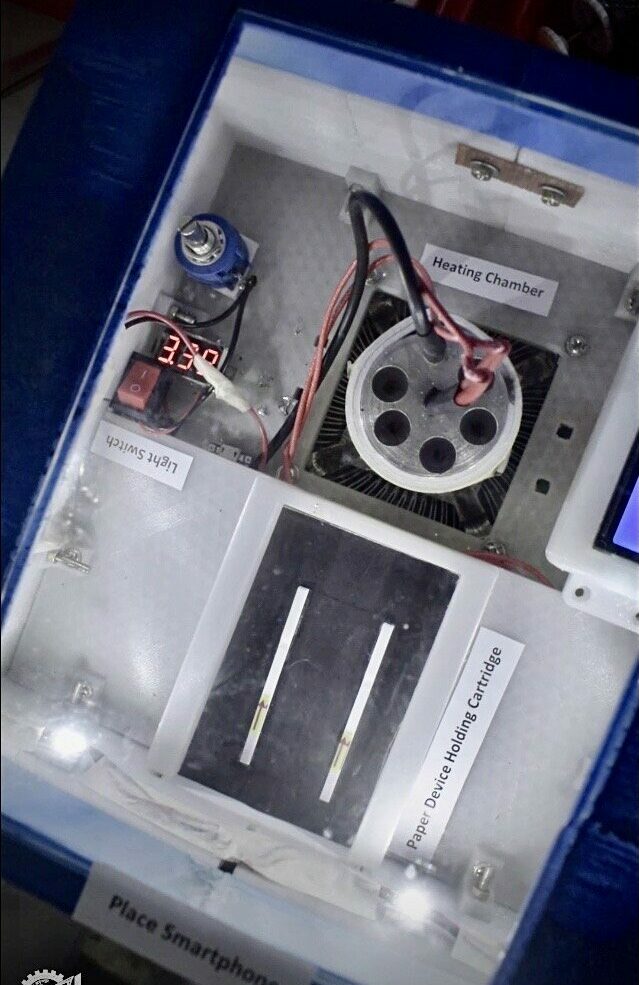
The researchers specify that this is not a kit but a replacement for the RT-PCR machine.
How does it work?
Professor Suman Chakraborthy, Department of Mechanical Engineering, IIT Kharagpur, tells The Better India (TBI), “This 1ft x1ft low-cost portable enclosure is an alternative technology to the Reverse Transcription polymerase chain reaction (RT PCR) machine used to detect the novel coronavirus. The technology works on the principles of microfluidics. Once the oral swabs are inserted into the machine, it produces a simple paper-strip used to run the chemical analysis. Once the chemical analysis is complete, the same unit will produce the results on a smartphone-based application.”
He also says that the same portable unit can be used for a large number of tests, on mere replacement of the paper cartridge and chemicals used for analysis after each test.
Where can it be installed?
The machine can be used anywhere and is designed to be deployed at rural locations with extremely poor resources. The test does not need laboratory facilities to analyse results, and it can be handled by anyone, even someone who has no technical knowledge. It has been proven to produce no false results with remarkable accuracy at par with RT-PCR tests.
“The machine accepts both nasopharyngeal and oral swabs, and within 1 hour the results can be sent to the patient’s phone in a dedicated app and also as a message. Since the device does not have any complicated elements that need handling, the work can be carried out by inexperienced technicians. But, it is important for them to wear necessary protective gear,” says Professor Suman.
While RT PCR testing methods require human intervention to derive test results, this device automatically delivers test results through an application.
Cost of the COVID-19 test
While the device is priced at Rs. 2000, one test is priced at Rs. 400 including the swab test and the final results.
To test the accuracy of the device, the team created synthetic RNA, a replica of the viral RNA extracted from infected patients, and tested them on RT PCR machines, to check if the results matched.
“We did not have access to patient samples, so we replicated the RNA sequences and till date, 500 tests have been analysed using the low-cost device. All their results were similar to what was on the RT PCR machine. Apart from that, this device can also be used to detect other respiratory diseases such as influenza. Only the chemical reagent will need to be replaced,” says Professor Arindam Mondal, Assistant Professor, School of BioScience IIT Kharagpur, a lead researcher in the project.
During a virtual press-meet conducted by IIT Kharagpur, the researchers of the project claimed that unless there is affordable infrastructure, the price of Covid-19 tests will always remain high.
They also plan to commercialise the patented technology, so that the devices can be manufactured by private organisations, and reach larger masses.
The team has approached ICMR and other government bodies to begin tests with samples from patients.
(Edited by Saiqua Sultan)
This story made me
- 97
- 121
- 89
- 167
Tell Us More
We bring stories straight from the heart of India, to inspire millions and create a wave of impact. Our positive movement is growing bigger everyday, and we would love for you to join it.
Please contribute whatever you can, every little penny helps our team in bringing you more stories that support dreams and spread hope.






